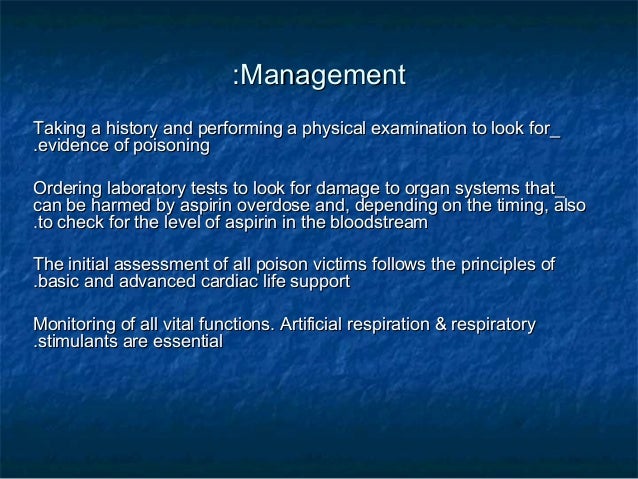

There is accumulating evidence that long-term aspirin use may protect against many common cancers 5 that evidence is now particularly strong and, to all intents and purposes, proven with respect to colorectal (bowel) cancer 6,7. The efficacy of regular aspirin among the general adult population for primary prevention of myocardial infarction and strokes has been proposed but remains controversial. These two properties have determined that long-term prescription of aspirin is useful in the treatment of chronic inflammatory conditions like arthritis, and for the prevention of myocardial infarction and strokes among high-risk patients. Aspirin has two further major pharmacological properties: at high dose (>3 g/day) it has anti-inflammatory effect and at lower dose (75–300 mg/day) an anti-thrombotic (anti-blood clotting) effect.

influenza, colds etc.) and for the relief of headaches and minor muscular aches and pains. They are frequently self-prescribed for the relief of temporary symptoms associated with minor viral infections (e.g.

Overdose with aspirin is less common but still accounts for 5–7% of drug overdose related hospital admissions and is solely responsible for around 30–40 deaths in the UK each year 4.Ĭlinical use of aspirin and paracetamol safety of therapeutic doseīoth aspirin and paracetamol are analgesics and antipyretics, that is they reduce pain and body temperature. It has been estimated that paracetamol overdose is the sole or contributory cause of death for around 500 people every year in England and Wales 3 and the sole cause of death for 100–150 people. If not promptly treated paracetamol overdose can cause potentially fatal liver damage it is the most common cause of acute liver failure and necessity for liver transplantation. Despite government initiatives to restrict over the counter sales 1, paracetamol remains the most common medicinal drug to be taken in overdose, accounting for a half of all drug overdose related attendances at UK hospital emergency departments 2. Chapter 14 is concerned principally with the latter, whilst this chapter is concerned with how laboratory measurement of serum or plasma concentration of salicylate and paracetamol contributes to the care of patients who have, or are suspected of having, taken a deliberate or accidental acute overdose of aspirin (acetylsalicylic acid) or paracetamol (called acetaminophen in the US). Such analyses are valuable in two usually separate clinical contexts: deliberate or accidental drug overdose and therapeutic drug monitoring. Clinical laboratory staff members are often requested to analyse blood or urine samples for the presence of specific drugs.


 0 kommentar(er)
0 kommentar(er)
